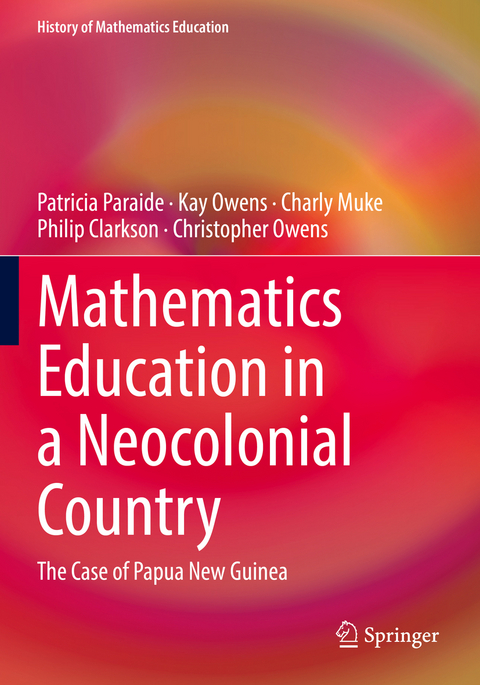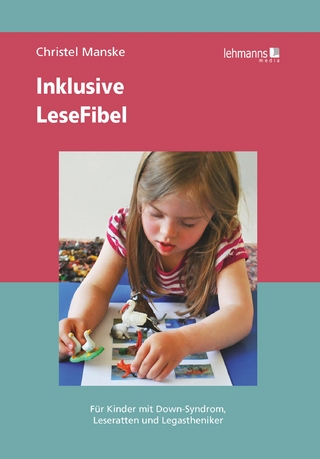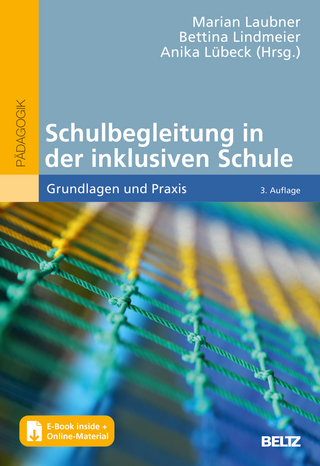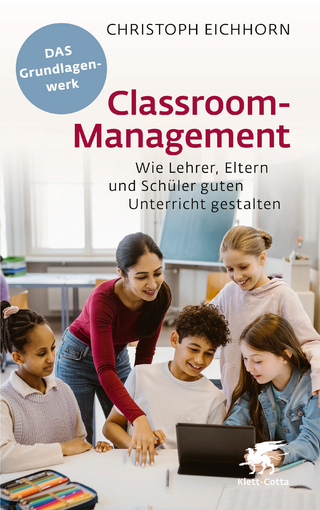
Mathematics Education in a Neocolonial Country: The Case of Papua New Guinea
Springer International Publishing (Verlag)
978-3-030-90996-3 (ISBN)
Patricia Paraide is an associate professor in Education Research at Divine Word University. She received her PhD at Deakin University in 2009. She has published a number of papers on education in Papua New Guinea, including mathematics education, and has presented at several conferences internationally. Her expertise and interests include language and linguistics, literacy across the lifespan, and education and indigenous knowledge.
Kay Owens began her teaching career as a mathematics and health education secondary teacher in Australia before moving to Papua New Guinea for 15 years with her partner Chris Owens. She taught mathematics at the Papua New Guinea University of Technology and taught, as Head of Department, health education and education at Balob Teachers College. On returning to Australia, she taught mathematics education at the now Western Sydney University for 15 years before moving to be with family in Dubbo to Charles Sturt University for 14 years. She was Vice-President (Publications) for the Mathematics Education Research Group of Australasia and held numerous positions in State and regional professional groups. She is a 35 year Member of Australian College of Educators following her work in PNG, and assists with mathematics and environmental associations. During her years in Australia she has continued to work with Papua New Guinea colleagues in joint research projects on ecocultural mathematics and mathematics education. She has numerous published papers and two of her books focus on Papua New Guinea Visuospatial Reasoning: An Ecocultural Perspective for Space, Geometry and Measurement Education and History of Number: Evidence from Papua New Guinea and Oceania.
Before joining Australian Catholic University, Emeritus Professor Philip Clarkson for nearly five years was Director of a Research Centre at the Papua New Guinea University of Technology. During this time, he carried out research into language and mathematics education and is well known internationally for this work; Charly Muke became one of his doctoral students. Prior to that Philip was at Monash University and tertiary colleges in Melbourne. He began his professional life as a teacher of chemistry, environmental science, mathematics and physical education in secondary schools. Philip Clarkson has led major consultancies and ARC research projects, was President, Secretary and Vice President (Publications) of the Mathematics Education Research Group of Australasia, foundation editor of Mathematics Education Research Journal, served on various editorial boards of both professional and research journals, and published widely. He continues to supervise research students, speak at various international conferences both in mathematics and science education, gives workshops for teachers and publishes regularly.Charly Muke began his studies in mathematics and mathematics education at the University of Papua New Guinea. He was a mathematics teacher for many years before taking up a position at the University of Goroka and then a teaching position at St Theresa's College, Abergowrie, QLD, Australia. He received a Bachelor of Education (secondary mathematics teaching) and a research Masters qualification from Waikato University, New Zealand, for his work on his Mid-Wahgi counting system and he is co-author of a chapter in the book History of Number: Evidence from Papua New Guinea and Oceania. He completed his PhD aimed at identifying the role of local language in teaching through code-switching while it was used as a resource to teach mathematics in English in grade 3, the bridging class starting primary education in Papua New Guinea schools. He set up a library foundation in Jiwaka Province and continues to support the schools and education system in that Province bringing crates of books to the schools from his Australian contac
Chapter 1: Introduction.- Chapter 2: Mathematics Education Before European Influence.- Chapter 3: The Early Colonial Period and Between the Wars.- Chapter 4: Before and After Independence: Community Schools, Secondary and Tertiary Education.- Chapter 5: The Reform Period and Re-Reform : Elementary Schools and Vernacular Education.- Chapter 6: Higher Education: University Mathematics, Technology Education, Teacher Education and Research.- Chapter 7: Mathematics Education and Language.- Chapter 8: Colonisation, Post-Colonisation, Aid, Gender Equity, and Glocalisation.- Chapter 9: Major Themes in the History of Mathematics Education in Papua New Guinea.
"The book eloquently and convincingly describes what I have experienced and sometimes suspected over the years-compliments to the authors for documenting these conditions thoroughly and comprehensively. ... the endeavor of writing this book, written collaboratively between local educators and expatriates, is an example that such collaboration is not only possible but also worthwhile." (Bill Atweh, Educational Studies in Mathematics, Vol. 115 (3), 2024)
"This volume is clearly intended to be as full a record of the history and current state of mathematics education in PNG as the authors could make it and is clearly mostly of interest to specialists, there may be occasional sections that could interest a more general mathematical or educational reader" (Annie Selden, MAA Reviews, November 21, 2023)
| Erscheinungsdatum | 12.01.2024 |
|---|---|
| Reihe/Serie | History of Mathematics Education |
| Zusatzinfo | XVII, 494 p. 44 illus., 10 illus. in color. |
| Verlagsort | Cham |
| Sprache | englisch |
| Maße | 178 x 254 mm |
| Gewicht | 964 g |
| Themenwelt | Sozialwissenschaften ► Pädagogik ► Schulpädagogik / Grundschule |
| Schlagworte | Australian colonization of Papua New Guinea • Community schools, secondary and tertiary education • Educational developments of colonization • Elementary schools and vernacular education • European colonization of Papua New Guinea • Foundational mathematics of Papua New Guinea cultures • gender equity in education • Globalization and localization issues in mathematics education • History of Papua New Guinea • Institutions and places of learning • Learning with oral histories • Mathematics education and language in Papua New Guinea • Mathematics education before European influence • Postcolonial attitudes in educational development • Protectionist policy and educational administration • Teacher education and research in Papua New Guinea • Technology education in Papua New Guinea • Understandings of pattern, space, measurement & number |
| ISBN-10 | 3-030-90996-4 / 3030909964 |
| ISBN-13 | 978-3-030-90996-3 / 9783030909963 |
| Zustand | Neuware |
| Haben Sie eine Frage zum Produkt? |
aus dem Bereich


